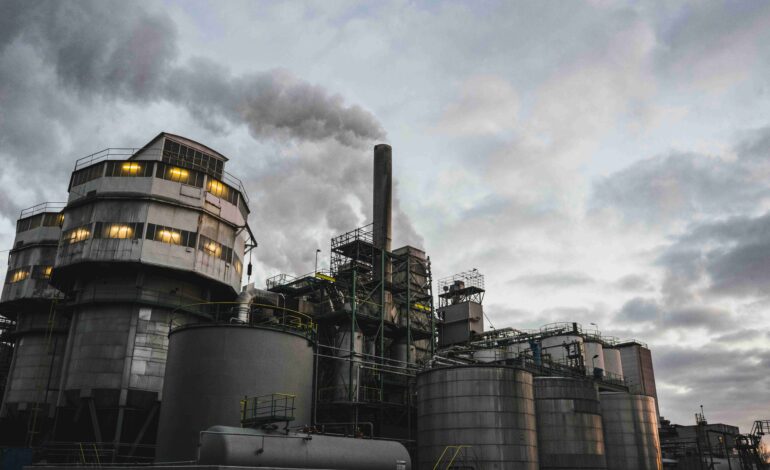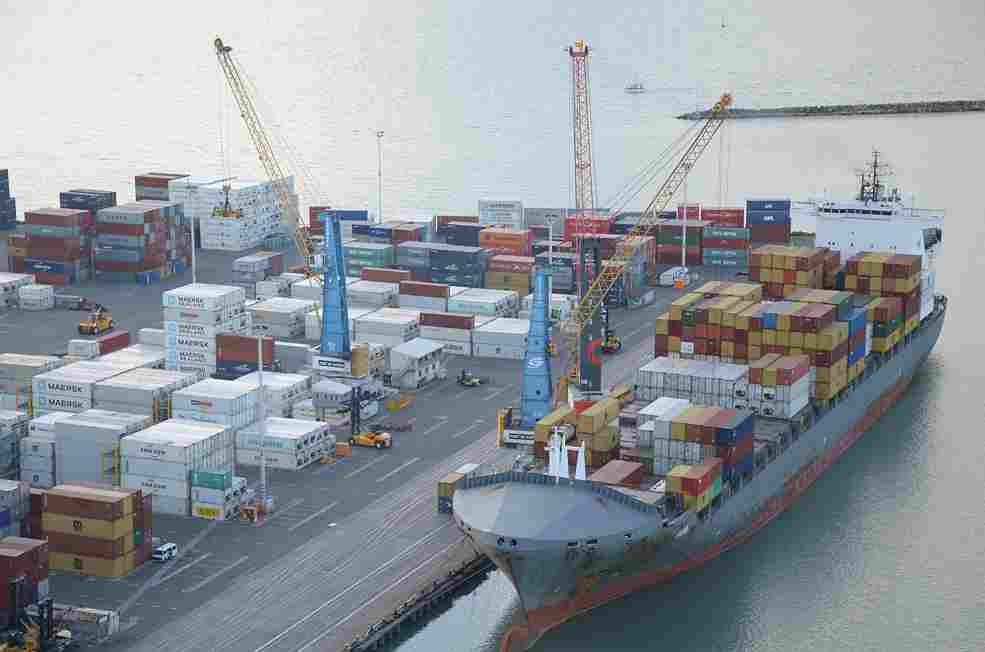
Legal Disputes in the Bunker Fuel Industry: Case Studies
Legal disputes in the bunker fuel industry are not uncommon, often revolving around contractual obligations, quality disputes, environmental compliance, and financial transactions. This article examines notable case studies that highlight the complexities and legal challenges within the bunker fuel sector, offering insights into key issues, judicial outcomes, and implications for industry stakeholders.
Case Study 1: Bunker Fuel Supplier Collapse
The collapse of a major bunker fuel supplier resulted in significant legal disputes worldwide. The case centered on:
- Contractual Obligations: Disputes arose over the validity of fuel supply contracts and payment obligations between the supplier, shipowners, and physical suppliers.
- Credit Risk: Financial insolvency raised concerns about credit risk exposure for shipowners and fuel suppliers, leading to legal battles over unpaid debts and contract performance.
- Impact on Market Dynamics: The fallout prompted industry-wide scrutiny of credit practices, risk management protocols, and contractual safeguards in bunker fuel transactions.
Case Study 2: Quality Disputes in a Major Port
In 2018, a series of legal disputes emerged in a major port involving bunker fuel quality issues, highlighting:
- Fuel Contamination: Allegations of fuel contamination with high sulfur content and non-compliance with regulatory standards under MARPOL Annex VI.
- Legal Liability: Disputes over liability between bunker suppliers, shipowners, and insurers for damages resulting from engine failures and operational disruptions caused by poor-quality fuel.
- Regulatory Compliance: Legal proceedings focused on adherence to local and international regulations governing fuel quality, emissions, and environmental impact.
Case Study 3: Emission Control Area Violations
Instances of vessels violating emission control area (ECA) regulations have led to legal repercussions, exemplified by:
- Compliance Enforcement: Legal actions taken by coastal states and regulatory authorities against vessels for exceeding sulfur emissions limits within designated ECAs.
- Penalties and Fines: Imposition of fines, penalties, and vessel detentions for non-compliance with ECA requirements, emphasizing the strict enforcement of environmental regulations.
- Industry Implications: Case outcomes underscore the importance of compliance with emissions standards and the legal ramifications of non-compliance on vessel operators, fuel suppliers, and regulatory stakeholders.
Key Legal Issues and Implications
Legal disputes in the bunker fuel industry highlight several key issues and implications:
- Contractual Clarity: The importance of clear and enforceable contractual terms to mitigate risks related to fuel quality, delivery, payment, and dispute resolution mechanisms.
- Environmental Compliance: Increasing scrutiny and enforcement of environmental regulations, necessitating adherence to emission standards and fuel quality requirements.
- Risk Management: Effective risk management strategies to address credit risks, operational risks, and legal liabilities associated with bunker fuel procurement and supply chain management.
Conclusion
Legal disputes in the bunker fuel industry underscore the complex interplay of contractual obligations, regulatory compliance, and operational challenges faced by stakeholders. Case studies provide valuable insights into the evolving legal landscape and emphasize the importance of proactive risk management, compliance with environmental regulations, and robust contractual frameworks to mitigate disputes and safeguard industry integrity. As the industry continues to evolve, adherence to legal standards, transparency in transactions, and collaborative efforts among stakeholders remain essential to navigating legal complexities and fostering sustainable practices in the bunker fuel sector





